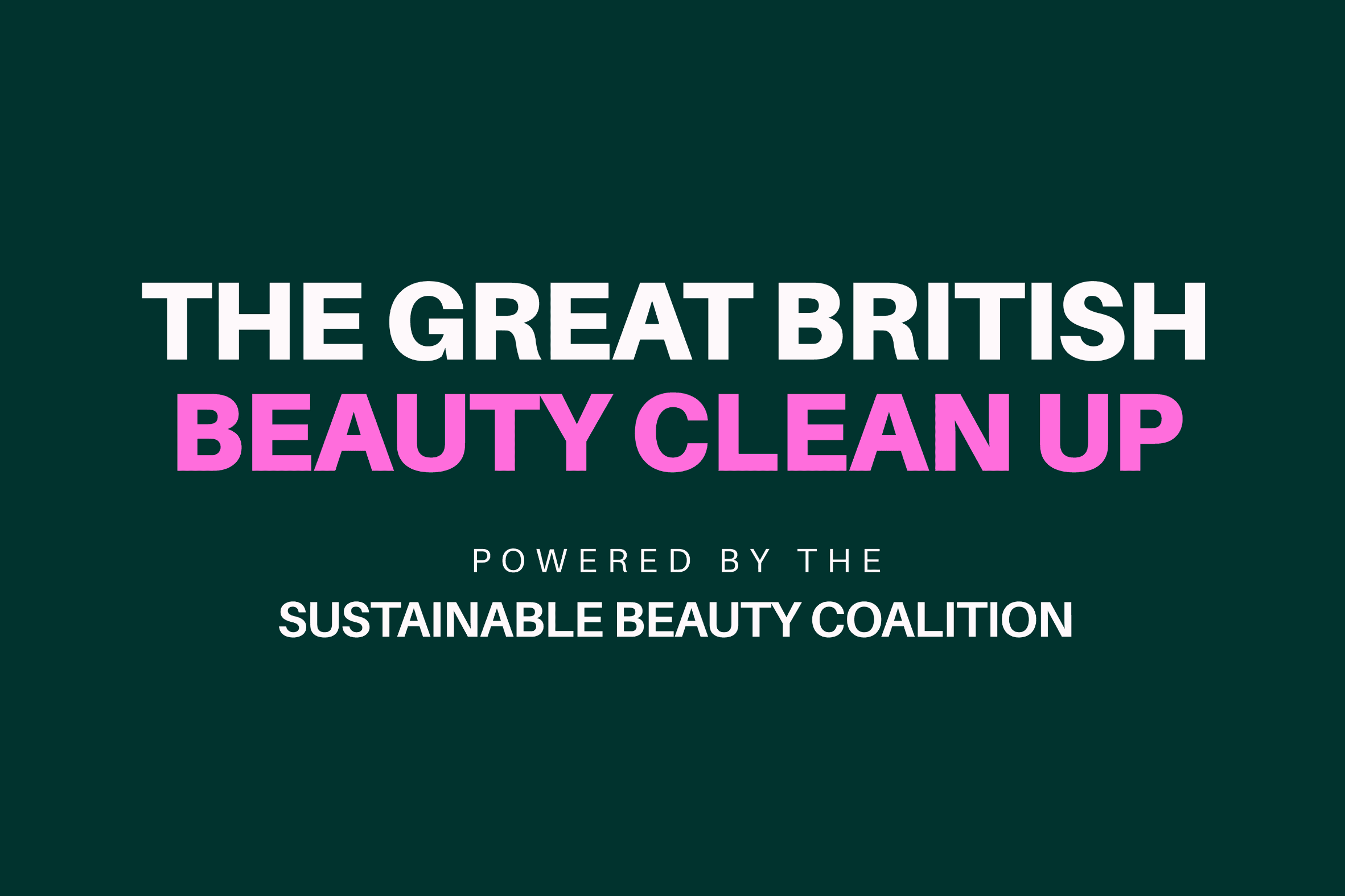Longevita Petition Calls for Regulation of Medical Tourism
Longevita has moved from commentary to campaigning with the launch of a parliamentary petition that seeks formal regulation of outbound medical tourism from the UK. The company is urging the Government to introduce a legal framework that would bring overseas cosmetic and medical providers advertising to UK patients under clearer scrutiny, with requirements around accreditation, insurance and structured aftercare.
The petition, titled “Regulate outbound medical tourism: mandatory accreditation, insurance, aftercare”, is positioned as the next step following Longevita’s white paper "Cutting it fine: Regulating Medical Tourism for UK Patients". That document lays out a proposed model for an independent UK Medical Tourism Accreditation Association (UKMTAA), mandatory medical tourism insurance, guaranteed UK based aftercare pathways and tighter rules around how overseas clinics market to British patients.
At the heart of the campaign is the argument that international healthcare is not inherently unsafe, but that the current lack of harmonised standards and oversight leaves too much room for risk. Longevita points to Office for National Statistics data indicating that more than 430,000 UK residents travelled abroad for treatment in 2023, with some sources suggesting that the figure reached over half a million in 2024. A retrospective review at a London hospital found that the vast majority of cosmetic surgery complications presenting over a 17 month period related to procedures performed overseas, highlighting the knock on impact for the NHS and UK practitioners who are often left to manage revisions and emergencies.
The petition calls for four core reforms. First, creation of an independent accreditation body, the UKMTAA, which would vet overseas clinics against standards for clinical governance, hygiene, practitioner licensing and transparent complication reporting. Only accredited providers would be allowed to advertise to UK patients. Second, compulsory complication insurance for anyone travelling abroad for elective procedures, covering recognised surgical risks, emergency repatriation and follow up care. Third, an obligation for clinics treating UK patients to provide or formally link into UK based aftercare so that complications can be handled in a timely, structured way. Finally, the establishment of a national database tracking clinical outcomes for medical tourists, giving policymakers and professionals visibility over emerging risks and patterns.
Longevita is recommending that any overseas provider targeting UK audiences be required to display the UKMTAA logo and registration number on all promotional materials, from social media adverts to billboards and influencer content. The intent is that patients should have a simple visual cue to distinguish accredited providers from unregulated operators. The white paper also advocates for explicit disclosure of procedural risks in advertising and legal mechanisms to tackle misleading or unverifiable claims, backed by financial penalties where necessary.
For the aesthetics and cosmetic surgery community, the petition will be watched closely. Many UK clinics are already seeing the downstream effects of under regulated cosmetic tourism, from complex revision cases to reputational concerns when international complications dominate headlines. A formal framework of accreditation, insurance and aftercare would not only shape how patients choose to travel, but could also redefine the expectations placed on overseas partners and facilitators working with UK based referrers.
The campaign also sits within a broader educational push. Alongside the white paper, Longevita has published consumer facing checklists on how to vet clinics and surgeons abroad, encouraging patients to interrogate licensing, accreditation, outcomes data and aftercare before committing to travel.
Support the cause by signing the petition here.








